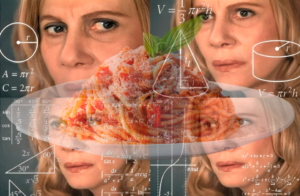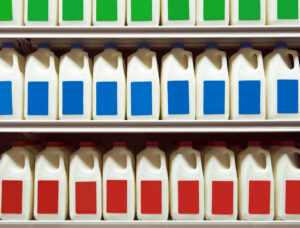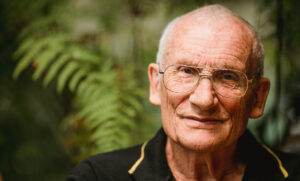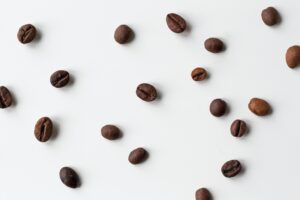Dr Mat Lewsey of La Trobe University says, although still in the experimental stage, the research could be big news for farmers and brewers.
That’s because paying extra attention to seeds gives these people a headstart on getting the most out of their plants and also makes them cheaper to grow.
It’s believed the production of beer and spirits could benefit, along with the plants that give us medicines such as morphine and codeine.
Foods such as rice, corn and wheat could also win.
Shhh … the plants are sleeping
Plants are like people—they have times where they don’t do much at all. This downtime is called dormancy.
“During this time, seeds do not germinate, even though they’re in a situation that is perfect for it,” Mat says.
Seeds can stay dormant for years before waking up to germinate, turning them into a seedling.
Mat says, although scientists know germination is sparked by water, light or temperature, they know less about dormancy.
“It’s still a bit of a mystery to scientists as to how they do this,” he says.
“We do know that genes are switched on and off when plants leave dormancy, and this is what we’ll study next.”

Mat says that, although this type of research has a long history, new genome-editing technology now allows for more precise results.
“Scientists and crop breeders have been interested in seed dormancy and germination for a very long time,” he says.
“Now we want to be able to control when seeds wake up and how quickly they do it.
“This gives farmers and growers a real advantage.”
“Accurate control of germination means paddocks grow more uniformly and farmers know better what they’ll get in the end.”
Better beer?
One of life’s great pleasures is a cold brew on a sweltering summer afternoon in Australia.
And Mat’s research means we could all be drinking even better beer.
Mat hopes the research will produce new plant types that germinate differently giving farmers and other growers like brewers precise control.
“Different types of barley yield different outputs in things like sugar content and flavour profiles,” he says.
“It’s all about understanding the science behind germination.”
The study was conducted by researchers from the La Trobe University Department of Animal, Plant and Soil Sciences at the Centre for AgriBioscience, the ARC Centre of Excellence in Plant Energy Biology and UWA.









